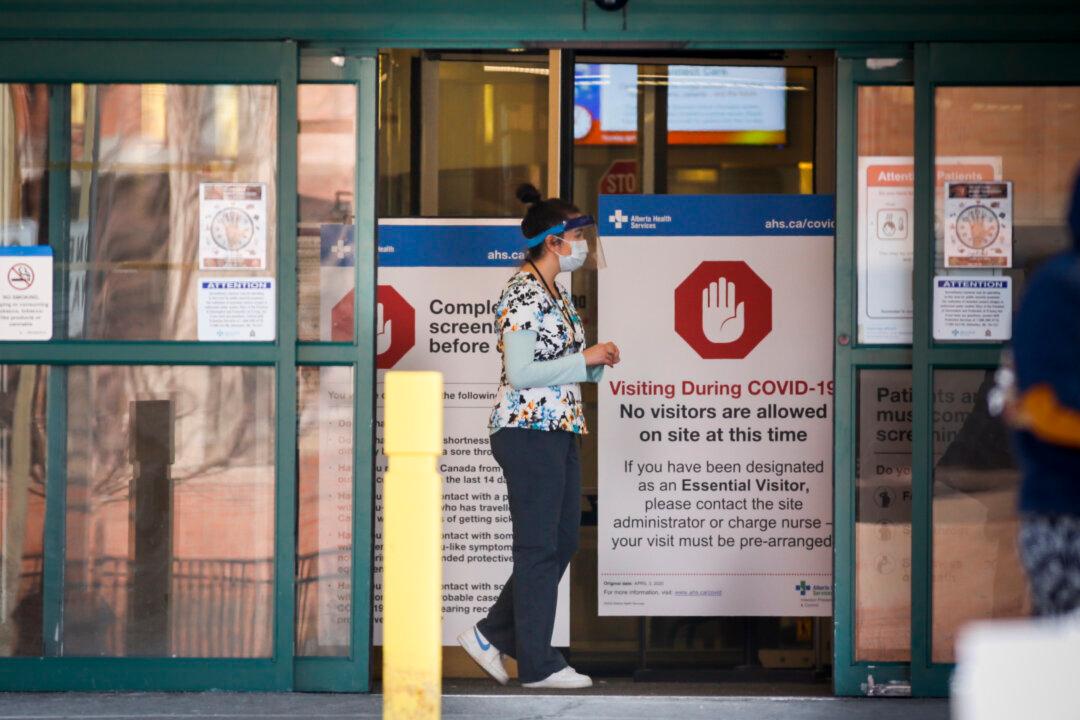Alberta’s health-care system suffered a “critical failure” in its COVID-19 messaging, according to the province’s pandemic review task force, which says mask mandates and lockdowns were harmful and recommends a halt to COVID-19 vaccine use without full disclosure of their potential risks.
The Jan. 24 report, “Alberta’s COVID-19 Pandemic Response,” was written by the province’s COVID-19 review task force, the only one of its kind in the country. It was mandated in 2022 by Premier Danielle Smith.





